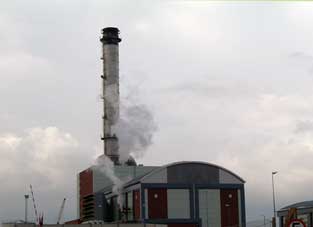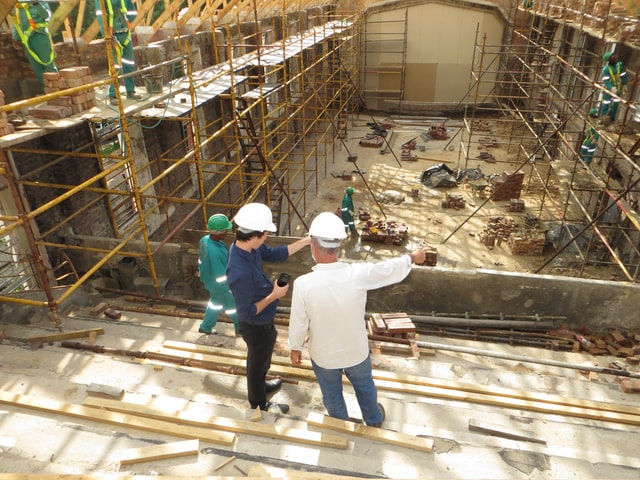Air Quality Action Plans – Meeting Defra’s Requirements
10-06-2024
Last updated 10-12-2024
What are AQAPs & why do they matter?
An Air Quality Action Plan (AQAP) presents a Local Authority’s proposals to improve local air quality within their administrative boundaries, often specifically in areas where air quality has been identified as poor (i.e. close to, or in exceedance of, the UK’s Air Quality Standards).
Through carefully considered air pollution mitigation measures, Local Authorities can make substantial and long-lasting improvements to air quality, which can have significant health benefits to local communities and the natural environment.
In August 2022, Defra made key updates to England’s Local Air Quality Management (LAQM) framework. A major component of the updates was the strengthening of AQAP criteria. All AQAPs are now expected to clearly demonstrate, through the use of suitable quantitative evidence, precisely what is causing local air quality issues and how specific mitigation measures can lead to significant air quality improvements.

How do we support the production of AQAPs?
Often, the most challenging component of any AQAP is collecting and analysing quantitative air quality evidence, which is required to meet Defra’s expectations. Specialised air quality consultants are proving to be instrumental in producing satisfactory AQAPs.
At Phlorum Ltd, we have an experienced team of Air Quality Consultants who are highly proficient in the collection of air quality data (e.g. diffusion tube monitoring, dust and particulate (PM10 and PM2.5) monitoring, and indoor pollution monitoring).
We are also experts in the analysis of data, whether that be undertaking air pollutant dispersion modelling of traffic emissions, or assessing real-time pollutant data using statistical software to find patterns and trends.
With our technical support, Local Authorities are provided with the tools they need to make informed decisions on how to best manage local air quality issues.
Our recent experience and successes
Phlorum Ltd is pleased to announce that, with our extensive technical support, Reading Borough Council has received Defra’s approval to publish their Air Quality Action Plan for the next 5 years. Our involvement with Reading Borough Council included, but was not limited to, the following:
- Detailed pollutant dispersion modelling, using ADMS-Roads, to predict current and future nitrogen dioxide (NO2), PM10 and PM2.5 concentrations across the entire borough’s strategic road network. The modelling was undertaken to evaluate the effectiveness of a series of proposed Clean Air Zone (CAZ) options, with results later used in Cost-Benefit Analysis (CBA) reviews.
- Detailed analysis of how the Covid-19 pandemic has influenced Reading’s local air quality, using sophisticated computer programming software, such as RStudio, alongside other available data sources.
- Analysis of monitoring data and Source Apportionment exercises, to determine which sources of pollution are contributing most to Reading’s local air quality problems.
- Quantitative estimations of how certain proposed air quality mitigation measures could improve local air quality.
- The write-up of 7 of the 11 chapters and appendices within the AQAP report.

If you would like to find out more about our Local Air Quality Management services, please contact us below. We would be very happy to help.



